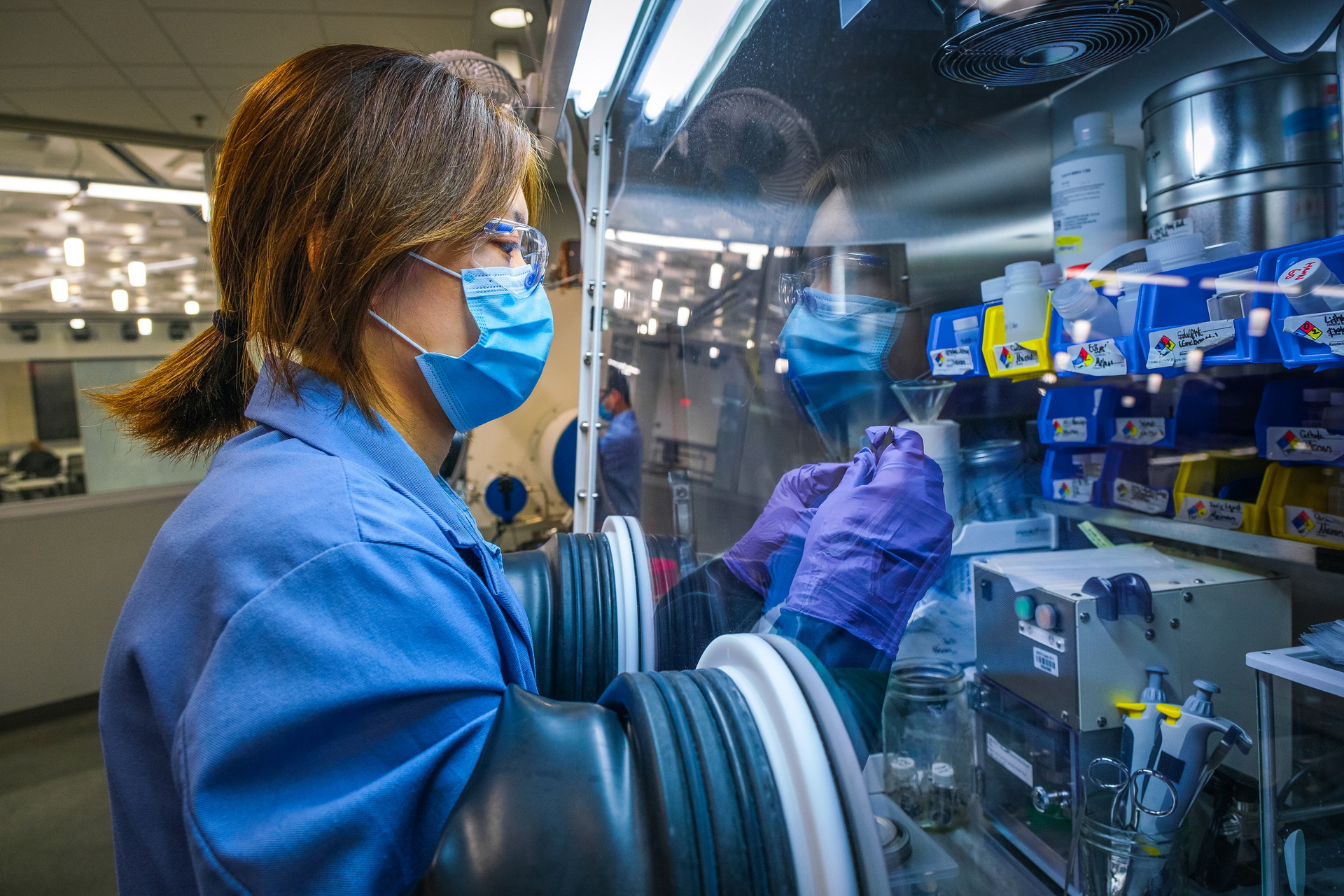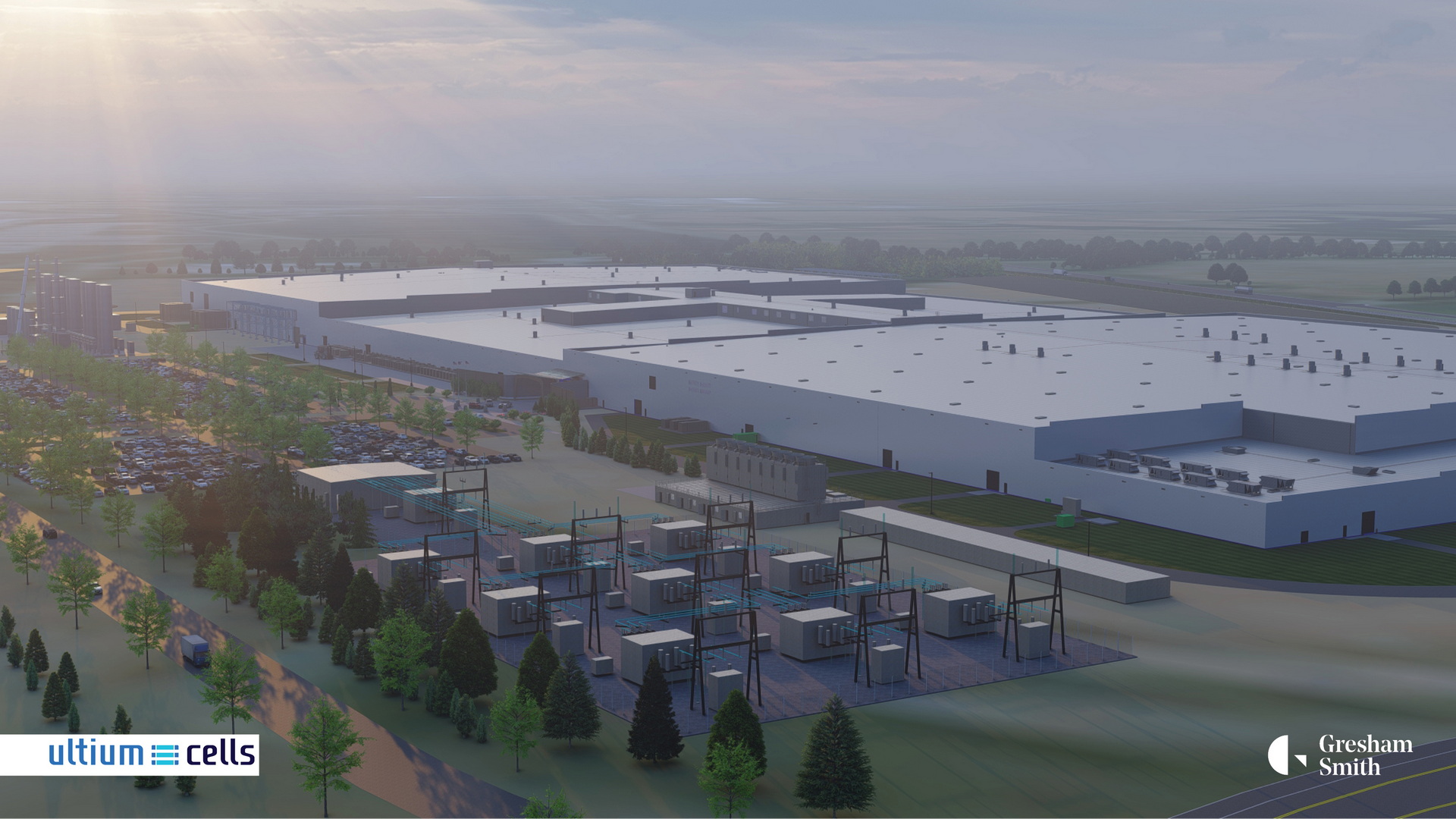Signs point towards the United Auto Workers union representing workers at GM and LG Chem’s joint venture battery plants in the U.S. following comments made by the automaker.
General Motors told Reuters that the UAW is “well-positioned” to represent the more than 2,300 workers at two plants being built in the U.S. The UAW, meanwhile, said it is looking forward to opening discussions about representing workers so that they “will have a voice at the table in order to create good-paying union jobs and benefits.”
The UAW already represents more than 45,000 workers at GM plants in the U.S. but the union status of workers at the battery plants was thrown into question following comments made by GM earlier this year. In April, the automaker suggested that since the battery plants are a joint venture with LG Chem, workers there were a special case and their contracts would not necessarily be negotiated alongside GM’s other workers.
Read More: UAW Wants To Be Sure Workers At Battery Plants Are Represented, Too
UAW President Rory Gamble, meanwhile, said that the introduction of EVs could not lead to worse conditions for workers.
“We’ve got to make sure that work stays at a livable wage and those workers can organize,” Gamble said. “We don’t need another service sector in this country. That’s what I am fearful of. If these jobs are low wage minimal-benefit jobs it’s not going to benefit the economy.”
U.S. President Joe Biden echoed those sentiments, speaking at a Ford plant in Michigan last Tuesday, ahead of the unveiling of the all-electric F-150 Lightning.
Addressing automakers, Biden said, “we need you to deepen your partnership with the UAW.” He added that “We need automakers and other companies to keep investing here in America and not take the benefits of our public investment and expand electric vehicles and battery manufacturing abroad.”
This week, GM said that it and LG Chem “respect workers’ right to unionize and the efforts of the UAW to organize battery cell manufacturing workers in [Lordstown,] Ohio and [Springhill,] Tennessee at our joint venture sites.”






